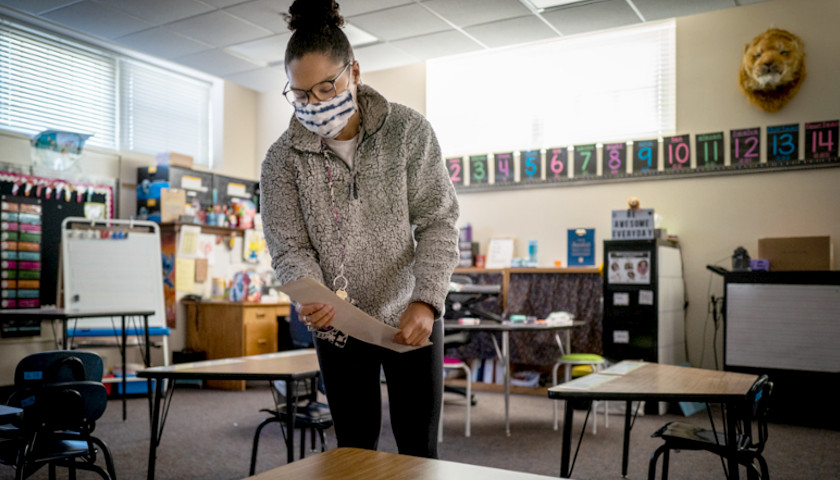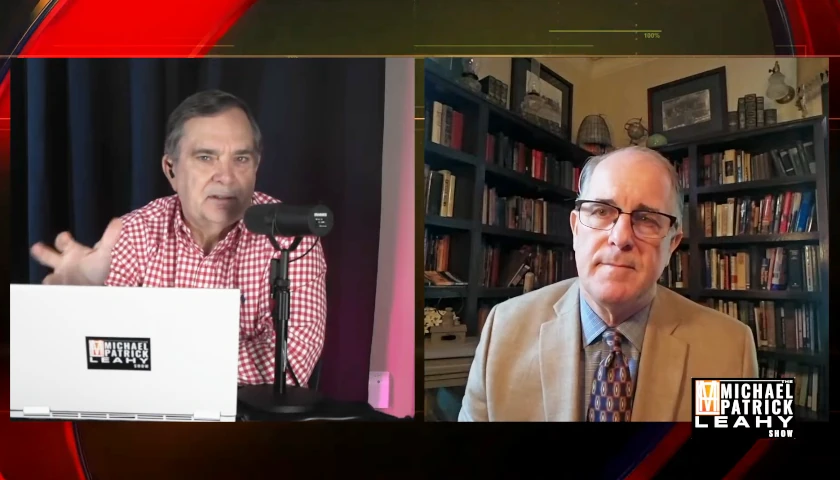by JC Bowman
States are where policymaking magic happens because they can experiment with innovative policy ideas. Tennessee citizens are unsurpassed in courage, passion, determination, and kindness reflected in our diversity; that is actually why Tennessee is America at Its Best. As a state, we must set our agenda with relentless optimism and resolve toward our future. In education, we understand that there must be needed changes in school funding, including additional monies. Governor Lee’s proposal in the State of the State tonight needs much deeper review, study, and time. In Tennessee, we do not “pass the bill so people can find out what’s in it.”
The Tennessee Constitution requires the General Assembly to provide for the maintenance, support, and eligibility standards of a system of free public schools. There are many key policy levers needed to improve public education and many are interlinked. Teachers are the critical element in improving education. It’s not about more programs, more standards, or more tests. It’s about that relationship between an adult and a child. Students need an adult who believes in them and their ability to succeed in life. Moving education policy is a lot like the game Jenga. If you remove the wrong piece the structure collapses. This is especially true in education funding. Without skilled personnel, education cannot succeed.
We like many of the education proposals from Governor Lee in the 2022 State of the State:
- Teacher salaries must be a priority to recruit and retain quality teachers. Research shows that low compensation, inadequate preparation, lack of mentoring, and unsupportive working conditions result in teacher candidates choosing not to enter the profession and in larger numbers of teachers choosing to leave the profession. Last year, he invested $120,000,000. This year he proposes a slight improvement of $124,680,000. This is approximately $1,550 per teacher for the roughly 80,000 plus educators. It is a step in the right direction. The raise, while appreciated, does not get Tennessee near the southeastern average on teacher salaries. Many have argued that adjusting for inflation and continued increases in insurance, public education is now less appealing and less competitive with other careers and provides little incentive to remain in education. We appreciate the gesture, but it still may not be enough to keep or attract teachers in the future. We need to also take care of our underpaid paraprofessionals and support staff in our schools that are so critical for student success.
- Career and Technical Education is always a good investment in Tennessee, so our students can learn skills, get a good-paying job, and have success in their careers and life. However, we must do a better job tracking our students from enrollment to certification to jobs.
- We do need additional computer science and coding available to every high school student in Tennessee. This investment is critical.
However, we have a few comments about Charter Schools Facility Fund and serious concerns about a new proposed funding formula:
- Charter School funding should be attached to existing or already approved charter schools, not future schools that may move into the state. We need a more transparent look at their finances if the state is funding them. We have seen charter school companies leave the state, especially in the Achievement School District. When a new state funding plan is finally established, more transparency must be part of that future discussion if charter schools are to be treated as public schools and receive additional funding.
- On education funding: The needs of students are indeed quite different today versus when the current Basic Education Program (BEP) formula was established in 1992. Keep in mind, even the BEP is child-centered and based on average daily enrollment and attendance, along with several other components. The BEP consistently underestimates what it takes to run schools and places an unattainable burden on local districts to pick up the difference. How would a new system be any different? Under a new system, unless the General Assembly of the State of Tennessee funds education equitably and adequately, ten years from now the headlines will still be how our state is still not fully funding the student-based funding formula.
The local funding match resulted from already established legal challenges. If, as a state, we vary from the legal agreement of the funding formula, we are likely to see more lawsuits. The school funding discussion has been long overdue. The current formula does need adjustment and modernization, but we need to study potential ramifications before moving completely away from our current system. If not, we will spend years plugging holes again, trying to fix another broken funding system. If you think the BEP Formula is complex, and it is, the number of factors proposed thus far in the proposed funding system will be even more complicated to figure out. We need simplicity. If you can’t explain it, and people cannot easily understand it, it will be a hard lift for policymakers and more frustration for stakeholders.
Right now, we have the gift of time. We should not pass legislation for a new funding formula without full knowledge of all the components, even with delayed implantation. The state should keep the current Basic Education Program (BEP) formula, and increase funding to the current system, while we study the new proposal. We must conduct a full analysis by multiple independent researchers to determine the potential ramifications on schools within the next 5 to 10 years. We need careful study to get it right.
Through a detailed evaluation, Tennesseans will be able to effectively assess what this proposed framework would mean for individual schools, districts, students, and educators. Only then can we see if this reflects Tennesseans’ values on public education. We must determine what works before scaling up something that may not bring a return on investment in student success. We need to see where the recurring money will come from, since much of what is proposed may be from non-recurring revenue. This will help provide a full, detailed explanation of the proposed funding model before legislative action.
The Governor has laid out his vision tonight in the State of the State; now we see the separation of powers among the branches of government at work. The Tennessee General Assembly has the power of the purse and the power to write its laws. Tennesseans need to talk to the state legislators.
– – –
JC Bowman is the Executive Director of Professional Educators of Tennessee, a non-partisan teacher association headquartered in Nashville, Tennessee. Permission to reprint in whole or in part is hereby granted, provided that the author and the association are properly cited.






Blah Blah Blah. The answer is always more and more money. But what else would one expect from the head of the Professional Educators of Tennessee? I do not fault Mr. Bowman for his efforts, but I question underlying motivations of Lee and Mr. Bowman. No one really works to find and fix the flaws in Tennessee public education. That requires hard work, honesty and probably sacrifices. I am not anti-teacher. I have a granddaughter who is one. But this smells to high heaven.